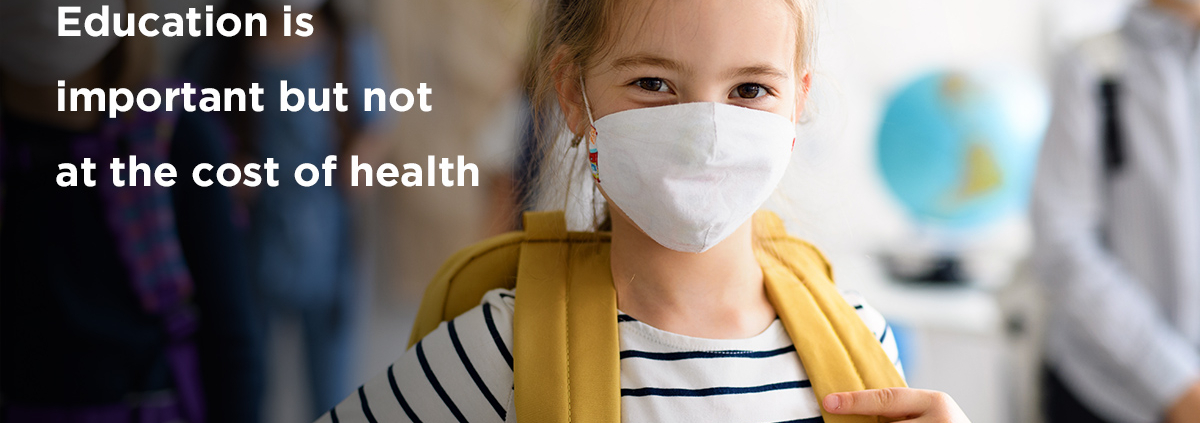“It’s not a matter of ‘if’ schools should open, it’s simply a matter of how.” These were the words of Betsy DeVos, the U.S. Education Secretary, in July, when the COVID-19 pandemic was wreaking havoc across the country. “They must fully open and they must be fully operational,” she went on to assert.
DeVos, a billionaire, has no prior experience that justifies her designation as the Secretary of Education. However, that hasn’t deterred her from overhauling some of the crucial education policies of the Obama administration. In my opinion, her misplaced priorities were evident during her confirmation hearing, when she was ambivalent on gun control in schools, but supported redirection of federal funds to private and religious schools, while proposing cuts for public schools. But DeVos’ polarizing rhetoric reached its apex when she publicly refused calls to track school-based infections, saying she does not see how tracking COVID-19 impact in schools is the Education Department’s responsibility.
She remained coy as President Trump announced how he’d strong-arm the Governors and State authorities to reopen the schools in the fall. DeVos went on to reiterate the Trump administration’s commitment to reopening schools, without weighing risks and devising a coherent reopening strategy. This is perhaps why it wasn’t the least bit surprising for me to see ‘Bye, Betsy’ trending in social media, after Joe Biden cruised to a landslide victory in the Presidential Elections.
Joe Biden and the promise of pragmatism
My belief in Joe Biden’s counter-narrative draws upon a detailed reopening strategy that his campaign put out before the elections. For starters, the Biden administration will appoint a Secretary with substantial teaching experience and first-hand insight on challenges that schools and students face. Any decision on reopening schools will be taken based on the inputs from students, teachers and parents. This alone is more promising than what Trump and DeVos were offering.
But Biden has more to offer: Emergency federal monetary assistance for schools, to address the effects of the pandemic; as well as masks, PPE and better ventilation systems. The plan is to operate smaller class sizes, by recruiting more teachers and substitutes. In addition, local bodies will be given leeway to decide whether or not to reopen schools, in the event of surge in cases. These moves are in line with the demands of teachers’ unions and student activists.
And in contrast to DeVos’ regressive policies, Biden is set to increase funding into public schools and foster educational rights of LGBTQ and marginalized students. Combined with promises of free public college, student loan deferments and support to vulnerable communities who have suffered both social and academic setbacks, Biden’s Presidency could be far removed from Trump’s. However, Biden’s bid to spend large federal capital on public schools and safety equipment may not find majority support in the Senate, with Republicans now controlling 50 seats. In any event, his presence in the Oval Office and the prospect of having a true academic as the Secretary are deeply comforting under the circumstances.



